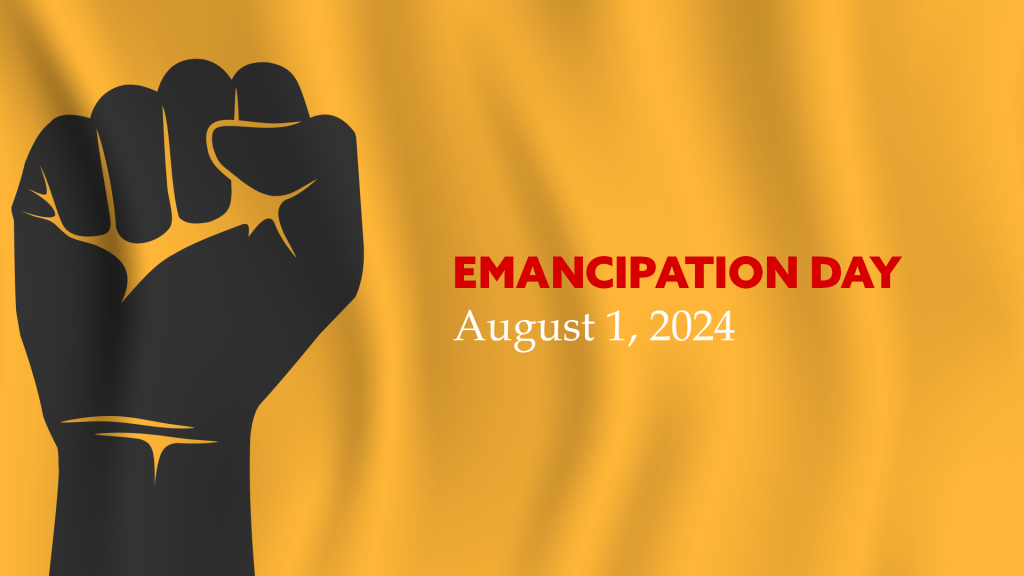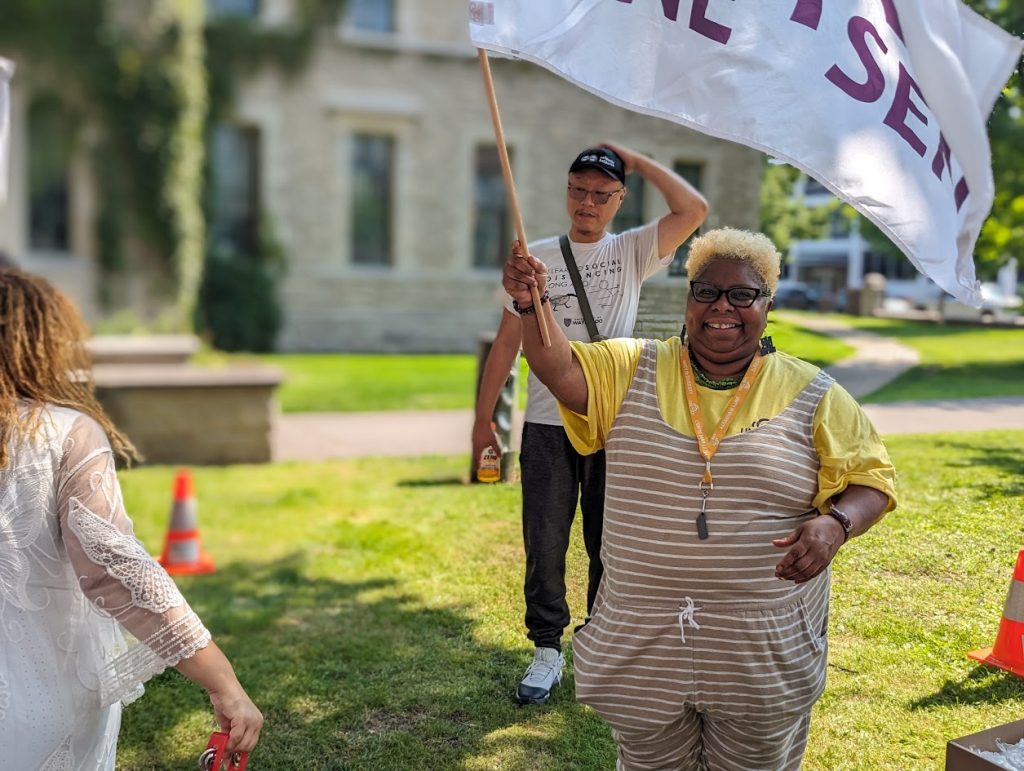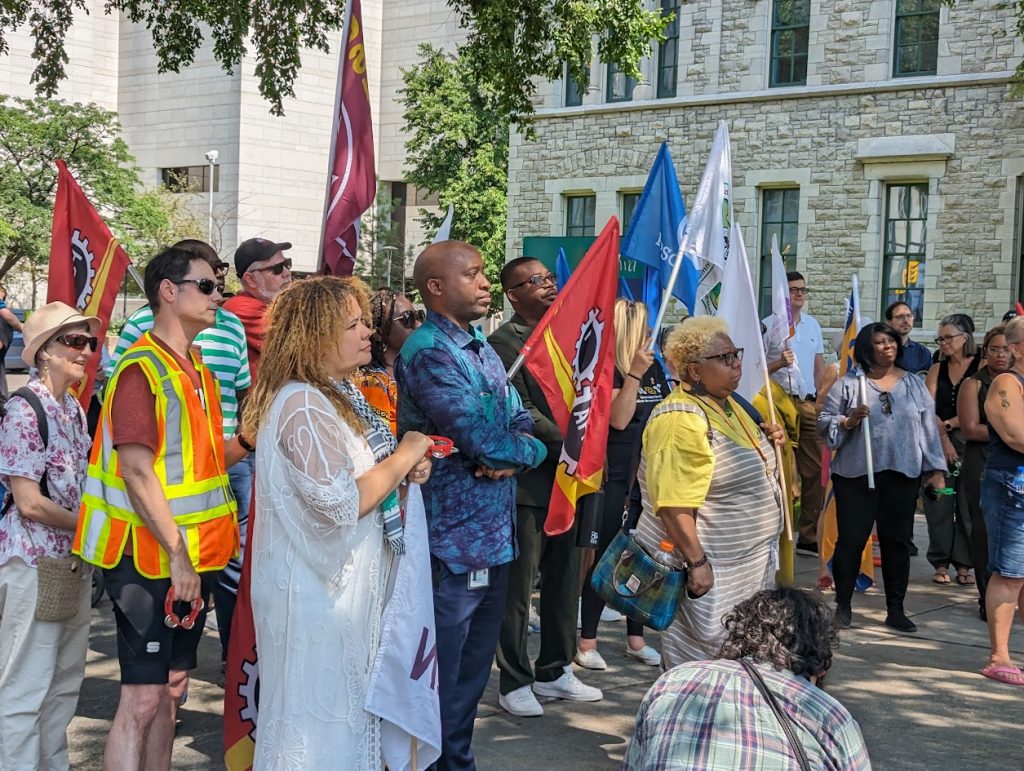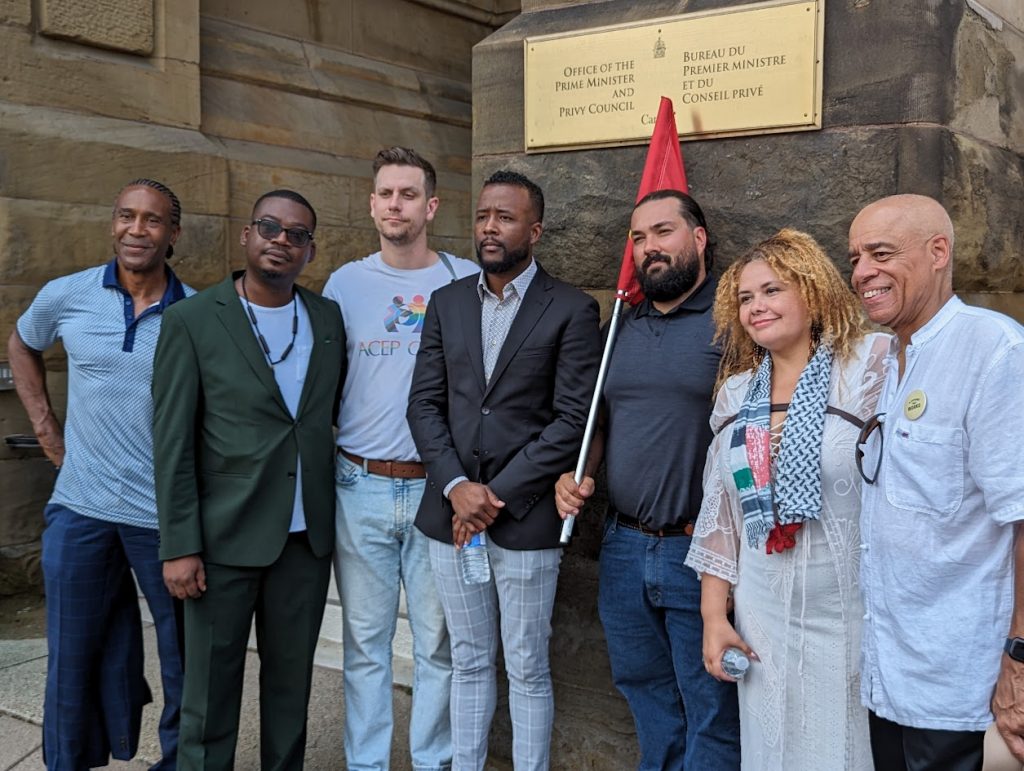
Emancipation Day in Canada is observed on August 1st each year, commemorating the abolition of slavery in the British Empire. This day marks the anniversary of the Slavery Abolition Act of 1833, which came into effect on August 1, 1834, officially freeing enslaved people in British colonies, including Canada.
While slavery existed in Canada during the colonial period, the country became a refuge for enslaved individuals fleeing from the United States via the Underground Railroad. This network of secret routes and safe houses provided critical support for those seeking freedom.
Emancipation Day not only serves as a remembrance of the struggles faced by enslaved people but also as a celebration of Black history and culture in Canada. It is an opportunity for education and reflection on the ongoing impacts of systemic racism and the work still needed to achieve true equality.
In recent years, various events and activities have been organized to raise awareness about this important day, including community gatherings, educational programs, cultural performances, and discussions about racial justice. In December 2021, Emancipation Day was officially recognized by the Canadian government as a National Day of Observance, further highlighting its significance in Canadian history and culture.
Overall, Emancipation Day is a vital occasion that encourages Canadians to honor the legacy of those who fought for freedom and to actively participate in the ongoing journey toward justice and equality. Further to this, from a union perspective, Emancipation Day represents not only a commemoration of the abolition of slavery but also a broader commitment to social justice, equity, and workers’ rights. Key points include:
- Unions have historically advocated for the rights and dignity of all workers and recognizing Emancipation Day aligns with the mission by acknowledging the struggles of enslaved people and their fight for freedom.
- The fight for labour rights is closely intertwined with the struggle for racial justice and union leaders and activists should understand that economic inequities often stem from systemic racism. As such, Emancipation Day serves as a reminder that the fight against discrimination in the workplace and society continues.
Present day unions and activists have taken on the roles of advocates for diversity and inclusivity in all workplaces and as such Emancipation Day highlights the importance of recognizing the contributions of Black workers and ensuring that their voices are heard within labour movements. Unions can use this day to reaffirm their commitment to promoting diversity and addressing barriers faced by racialized workers.
Emancipation Day 2024 will be observed with various events and activities aimed at celebrating Black history, culture, and the legacy of those who fought against slavery. To stay updated on specific events and activities planned for Emancipation Day 2024, check your local community calendars, social media platforms, or websites of organizations dedicated to Black history and cultural awareness as the date approaches.
Emancipation Day serves as a vital occasion for unions and activists to reflect on their role in the ongoing struggle for equality and justice. By honoring the legacy of those who fought for freedom and advocating for the rights of all workers. They can also leverage Emancipation Day as a platform to advocate for policy changes that address systemic racism and economic inequities. This includes supporting legislation aimed at improving labour conditions for racialized workers and combating discrimination in the workplace.
Hayley Millington
National Executive Vice-President
Union of National Employees
PSAC and CAPE Event Info: Emancipation Day March | Marche du Jour de l’émancipation | Facebook













